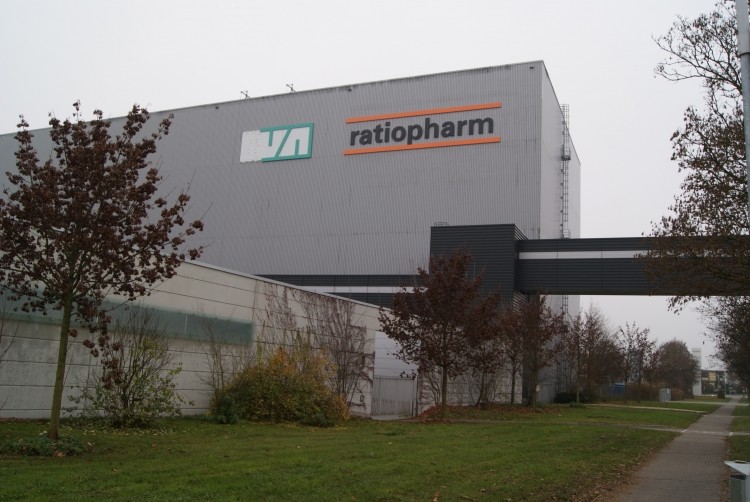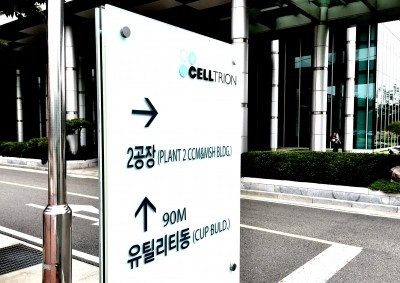Teva aiming to be major second and third wave biosimilars company
Teva: ‘Celltrion deal will double biosimilar sales to $600m’

With its filgrastim and EPO biosimilars, Teva Pharmaceutical Industries was among the first companies to launch such products both in the European market and globally.
But it has been less dominant in the second and third wave space – versions of biologics with patents expiring between 2015 and 2020, and beyond 2020, respectively – after its joint venture with Lonza ended in 2013, and last week Teva was accused of being “somewhat subscale” in the biosimilar sector.
The comment was made by an analyst during Teva’s conference call to discuss its 2017 financial outlook last week and CEO Erez Vigodman responded by saying the firm is exploring development and commercialisation collaboration opportunities with relevant players.
In October last year, the firm inked a $160m deal with Korean manufacturer Celltrion for the potential commercialization of two second wave biosimilars – versions of Roche’s Herceptin and Rituxan – in the US and Canada.
“Today, we are generating $300m net revenue from biosimilars already,” he said. “We expect with the partnership with Celltrion to almost double that during the next number of years.”
Spokeswoman Elizabeth DeLuca confirmed biosimilars are a key element of Teva’s overall strategy going forward, telling Biopharma-Reporter its aim is “to be a major player in biosimilars in the mid-term and beyond,” through partnerships and investments.
“The commercial partnership with Celltrion is a key strategic move for Teva as it enables us to expand into the upcoming wave of biosimilars and build on our strong position in the biosimilar space.”
Organic growth and German investment
Teva is also looking to build its existing biosimilar infrastructure and grow organically in the space according to DeLuca.
“Early development programs for biologics with patents that expire beyond 2020 are currently underway,” she told us, with “four products in development internally for wave three, and a new biosimilar plant in Ulm, Germany.”
The mammalian cell culture site in Ulm makes versions of Amgen’s Neupogen and Epogen after it was added in 2010 when Teva bought German generics maker Ratiopharm.
The new biologics facility represents a three-digit million Euro investment and once operational is expected to add 300 jobs to Teva’s manufacturing network.
The plant - plans for which were announced in December 2015 - will initially house four 5,000L bioreactors, though the firm says this is extendable.












